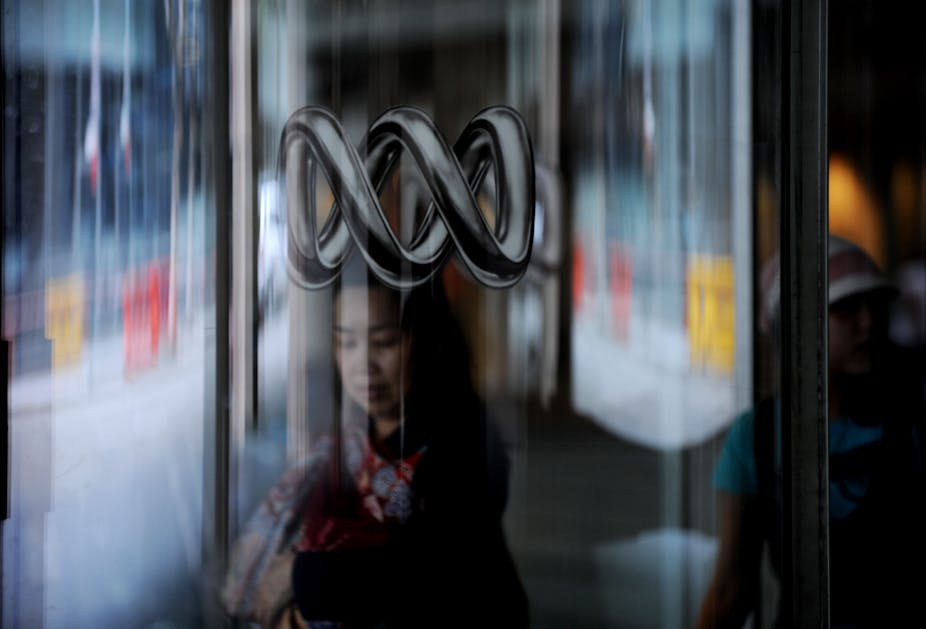The ABC has found itself caught up in a copyright debate after it forced the removal of an application that enabled people to download and watch programs offered on its iview service.
The Python-iview application, which had been available for more than two years, allowed people using Android devices not supported by iview, or people with a slow internet connection, to download and playback later, programs offered via the ABC’s iview streaming video application.
The ABC wrote to application developer Jeremy Visser last month, advising the application breached its iview terms of use, and requesting Mr Visser cease distributing the application or risk further action. The application has since been removed from Mr Visser’s website.
Systems administrator Robert Mibus yesterday wrote an open letter to the ABC, arguing the Python-iview application was no different to a VCR, Fetch TV or Tivo recording service.
“If you can do it on the box attached to your old fashioned TV, but not in the cloud, people will be arguing that’s not technology neutral,” said Bruce Arnold, lecturer in law at the University of Canberra.
The debate comes after Optus was refused leave to appeal its copyright case against Telstra, the AFL and NRL. The High Court found Optus’ TV Now service breached broadcast deals between Telstra and the football codes, despite Optus arguing its service simply allowed Optus mobile subscribers to record matches on their mobile device and play them back at their convenience.
Currently there is an exception for private and domestic recording in the Copyright Act, but the ABC wrote in its letter that Python-iview breached section 101(1) of the Copyright Act by providing the means to allow users to permanently download and store ABC iview content without permission.
“When the ABC produces content from scratch it’s not going to be an issue, but licensing often ties it up and there are some underlying issues here people are just starting to come to grips with,” Mr Arnold said.
He added that content middlemen, including the BBC, have become savvy in repackaging, redistributing, and reusing content, and seeking money in each instance.
With the Australian Law Reform Commission now considering amendments to the Copyright Law to address such issues, Mr Arnold said various groups would continue to make their case.
“A lot of copyright law happened when a particular interest group got in and lobbied well.”
He said while it’s likely exceptions for non-commercial personal use of content would remain, people would be “squeamish” about commercial uses.
“It’s conceivable that there will be calls for some sort of statutory revenue collection scheme like CAL.”
The Copyright Agency (CAL) is a rights management organisation that enables the use of text and images by collecting payments for writers, visual artists and publishers.
Mr Arnold said the Australian Law Reform Commission would most likely deliver a good report when it responds to the government in November as part of the Inquiry into Copyright and the Digital Economy.
“The nice thing about the ALRC is it does very good work. The sad thing about this is the government typically takes about five years to respond. By that stage the world has moved on.”

